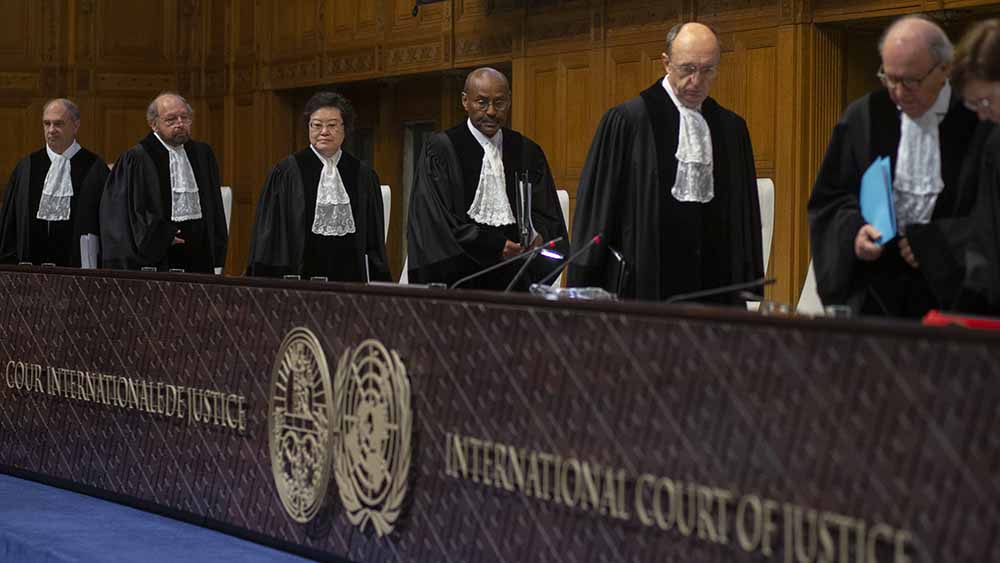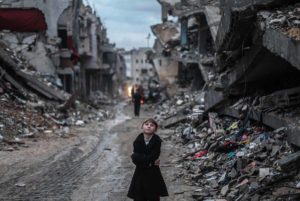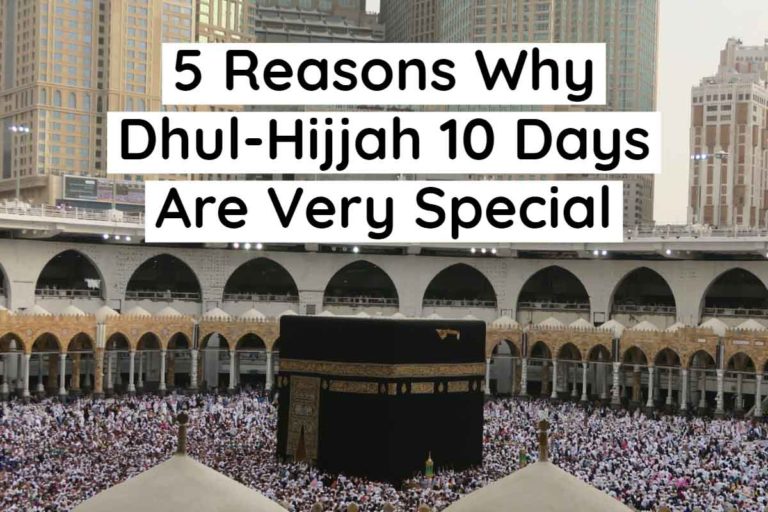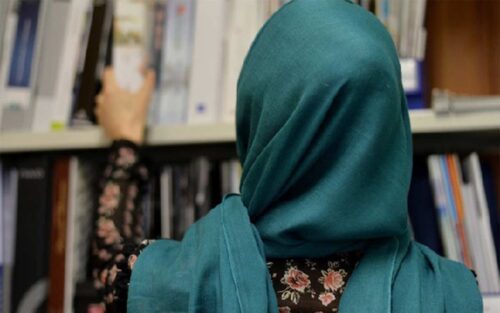The International Court of Justice (ICJ) today ordered Burma to protect Rohingya Muslims from genocide in an embarrassing blow to its leader, Aung San Suu Kyi.
In a unanimous judgment, 17 judges at the ICJ ordered Burma, also known as Myanmar, to do all it can to prevent harm to Rohingya, multitudes of whom were driven out of the country in 2017 in a murderous rampage by the Burmese armed forces.
The court also ruled that it has jurisdiction over the genocide case and the next stage of the hearing can go ahead.
It also ordered the government to preserve evidence of alleged crimes and to report back on its progress within four months.
The Gambia brought the case to the ICJ on behalf of an organization of Muslim nations, accusing Myanmar of genocide during its 2017 crackdown on the Rohingya, which saw 700,000 flee over the border to Bangladesh and thousands of Rohingya were killed and raped as well as burning Rohingya villages.
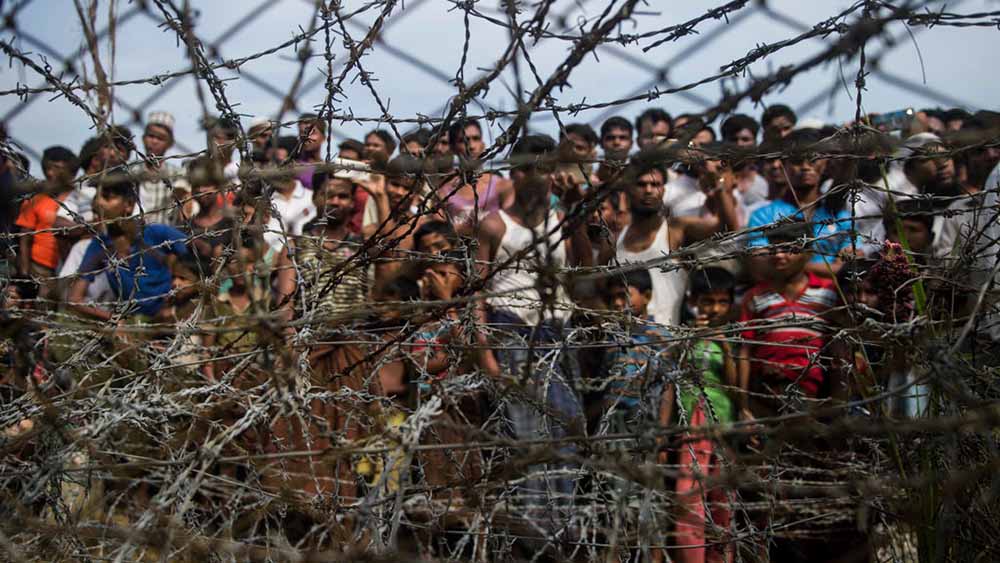
Maps, satellite images, and graphic photographs were used as evidence during the monthlong hearing. Prosecutors said this amounted to a campaign of genocide, violating its obligations under the 1948 Genocide Convention.
The ICJ’s ruling is binding, however, it has no powers to implement the provisional measures in Myanmar.
Myanmar’s leader, Aung San Suu Kyi, rejected claims of genocide on Thursday. Rohingya refugees “exaggerated abuses” and Myanmar was the victim of “unsubstantiated narratives” by human rights groups and UN investigators, she wrote in an opinion article published in the UK-based Financial Times ahead of the ruling.
Many in Buddhist-majority Myanmar consider the Rohingya to be “Bengalis” from neighboring Bangladesh, despite them having lived in the country for generations. Almost all Rohingya have been denied citizenship in the country since the passing of Myanmar’s 1982 Citizenship law, leaving them effectively stateless.
In August 2017, Myanmar’s military launched what it called a clearance campaign in northern Rakhine state in response to an attack by a Rohingya insurgent group.
Later, over 700,000 Rohingya fled to Bangladesh to escape violence from Myanmar security forces.


